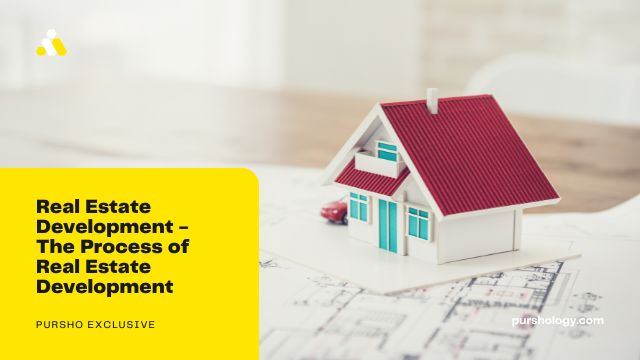Real estate development is a process that can be broadly divided into four distinct phases: Pre-development is the phase in which a parcel of land is assembled and the project is conceptualized. This is typically the most expensive and risky phase of the process, as it requires the acquisition of land and the necessary approvals from local authorities.
Entitlement is the process of securing the necessary approvals from local authorities in order to develop the land. This phase can be very time-consuming and costly, as it often involves lengthy negotiations with government officials. Construction is the phase in which the actual development takes place. This is typically the most expensive phase of the process, as it requires the construction of infrastructure and buildings. Post-development is the phase in which the project is completed and turned over to the end user. This phase typically involves the marketing and sale of the developed property.
Urban (re)development projects can be complex. Besides the engineering complexity, projects involve many stakeholders and experts, often with conflicting interests. This leads to long decision making processes with a suboptimal outcome. The 3dcityplanner.com improves cooperation and avoids sub-optimal decision-making.
The different stages of real estate development
There are different stages of real estate development, which include land development, site development, and construction. Land development is the process of preparing land for construction. This includes activities such as zoning, subdivision, and infrastructure development. Site development is the process of preparing a site for construction. This includes activities such as grading, utility installation, and road construction. Construction is the process of actually constructing the buildings and other structures on the site. After construction is complete, the property is then ready for use. This is the final stage of real estate development.
The benefits of real estate development
Real estate development can bring many benefits to a community. Here are three of the most important ones:
Economic Development
Real estate development can be a powerful tool for economic development. By investing in new construction and infill development, developers can help to create jobs and spur economic activity in a community. This can lead to new businesses opening up and existing businesses expanding, which can in turn help to revitalize a community and make it more attractive to residents and businesses alike.
Community Enhancement
In addition to creating economic activity, real estate development can also help to enhance the quality of life in a community. By investing in new parks, playgrounds, and other public amenities, developers can help to make a community more enjoyable and attractive for residents. This can lead to increased property values, as well as a greater sense of community pride.
Environmental Sustainability
Real estate development can also be a key tool for promoting environmental sustainability. By investing in green infrastructure and energy-efficient buildings, developers can help to reduce the environmental impact of development projects. This can not only help to protect the environment, but can also lead to cost savings for developers and tenants alike.
The future of real estate development
The future of real estate development is shrouded in uncertainty. The industry has been hit hard by the pandemic, with many developers forced to put projects on hold or abandon them altogether. The situation is made worse by the economic downturn, which has dried up funding for new projects. The industry is expecting a wave of consolidation in the coming years, as smaller developers are bought out by larger ones. This will likely lead to fewer new projects being built, as the big developers focus on their core portfolios. However, in this evolving landscape, the emphasis on innovative real estate marketing strategies becomes crucial, as developers must now navigate these challenges while effectively reaching potential buyers and investors.
There is also a possibility that the pandemic will lead to a permanent shift in the way we live and work, with more people working from home and fewer people commuting into cities. This could lead to a reduction in demand for office and retail space, and a shift in demand towards residential property. Only time will tell what the future holds for the real estate development industry. But one thing is for sure: it is going to be a bumpy ride.




